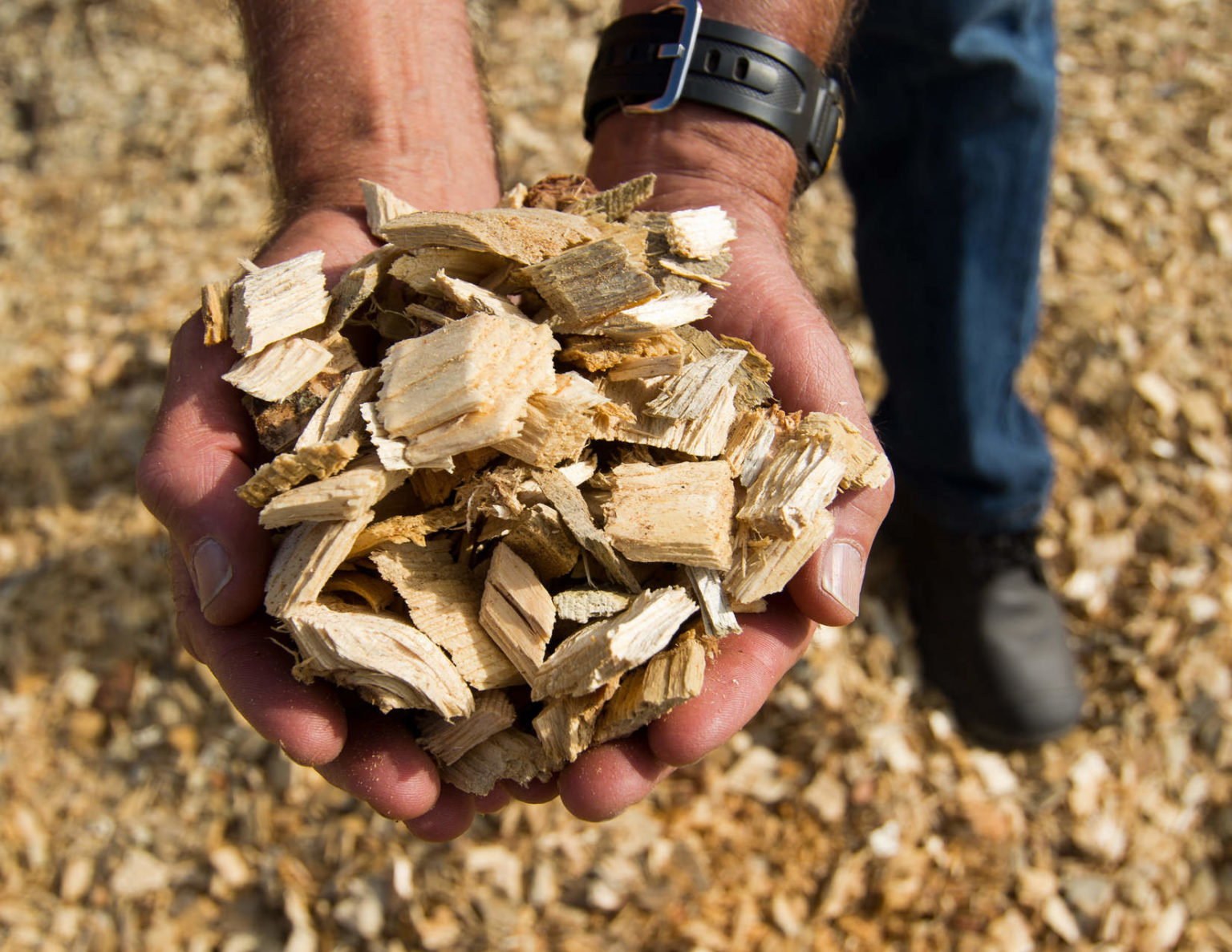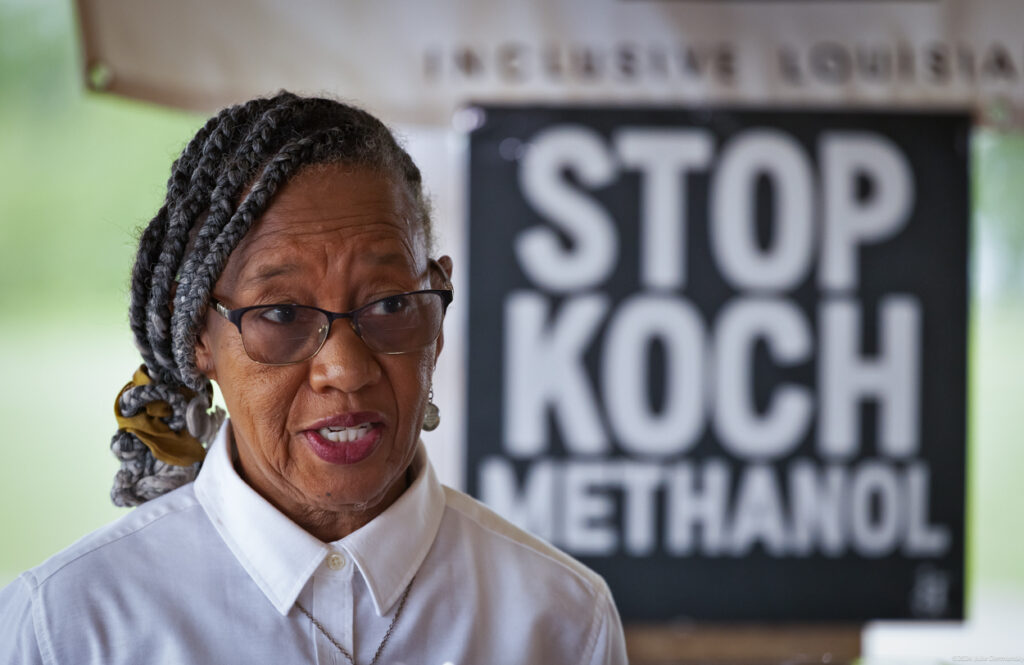By Jo Alexander, a chartered geologist and researcher for campaign group ShareAction
Drax has been stepping up its greenwashing over the past few days, by appearing on BBC Radio and in the Financial Times. Unfortunately, this reporting has been completely one sided and has allowed Drax to make its usual misleading claims, without any challenge by experts or campaigners. The public and investors should not be taken in by the greenwashing of utility companies that sell biomass power generation as a climate solution.
Drax would have you believe that biomass is a climate solution when it’s actually part of the problem. Drax often makes the misleading claim that they save over 80 percent of carbon emissions compared to coal. This is far from the truth, because it is not counting the emissions from combustion, which are 3 percent higher than burning coal according to their own annual report.
It takes decades for these emissions to be sequestered as forests regrow, time that we don’t have if we are to meet the goals of the Paris Agreement. Drax cannot grow trees as fast as they are burning them.
To meet the IPCC’s definition of ‘renewable’ energy, Drax would need to demonstrate that it can grow an estimated 14 million tonnes of wood on an annual basis, within their managed forests. It is yet to provide this evidence.
The message that biomass could be the solution to our climate woes is a seductive one. On the surface it seems to make logical sense and anyone that cares about averting climate change is hoping for a wonder technology that will suck carbon dioxide out of the atmosphere, alleviating our biggest environmental challenge. I could hear the excitement in the voices of the BBC Radio 5 Live interviewers, who quickly deduced that we should build more biomass power plants.
This is exactly the wrong conclusion.
Drax’s CEO, Will Gardener, used the opportunity to go even further, by announcing his goal for Drax to become the first ‘negative-emissions’ power station. While this is an admirable ambition in theory, it is not practically possible because Drax does not have the engineering expertise required to store large volumes of carbon dioxide in porous rocks deep under the Southern North Sea, a technological solution called carbon capture storage (CCS).
Drax has been forced to pursue CCS technology because it’s likely to be the only way to guarantee future subsides that their business relies heavily upon. In November 2018, the UK’s Committee on Climate Change recommended that the UK Government ‘do not provide further policy support (beyond current commitments) to large-scale biomass power plants that are not deployed with CCS technology’. Mr. Gardener made a case for yet more financial support, by saying that ‘the company wants to scale up its carbon capture programme, but would need the right government policies… to do so’.
So what should we be doing about it? If we are to tackle the problem we need to address the root cause: ‘renewable’ energy subsidies. Biomass should not be considered ‘renewable’ or receive subsidies, which should instead be used to support genuine climate solutions such as wind and solar.
Policy needs to change, not only in the UK but also in countries where the highest growth in biomass is expected over the next decade, such as Japan and South Korea. Powerful investor coalitions can restrict funding to new biomass projects, put pressure on policy-makers and on regulators to hold the industry to a much higher standard.
The UK Government has got it very wrong on biomass and its mistakes should be seen as a cautionary tale to policy-makers around the world. Perversely, subsidies that were intended to decarbonise the UK’s power sector have actually damaged forests and the climate.
We cannot afford to make such basic errors in our management of the carbon cycle if we are to meet the goals of the Paris Agreement.
Jo Alexander is a chartered geologist, who spent 11 years working as an Exploration Geoscientist for BP and now researches issues relevant to climate change at campaign group ShareAction. Jo has spent the past three months investigating biomass and writing ‘The Biomass Blind Spot’ report.
Image: Oregon Department of Forestry/Flickr CC BY 2.0
Subscribe to our newsletter
Stay up to date with DeSmog news and alerts






